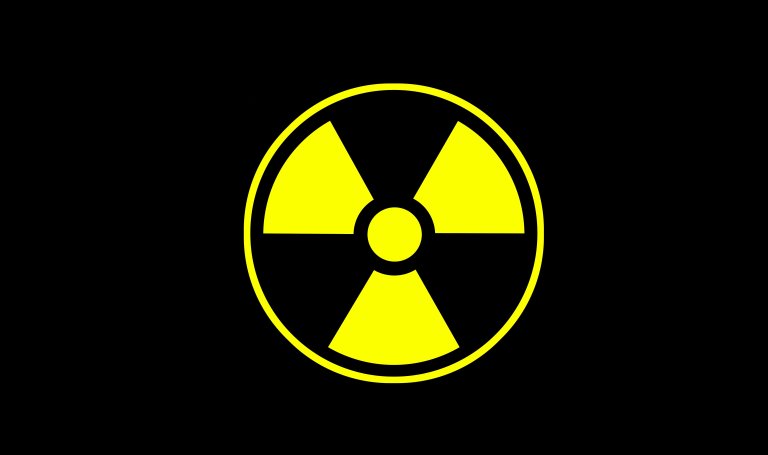Read the latest articles from Futurism (Page 1489)

Remarkably Strange Object Found Orbiting Backwards Beyond Neptune
The Solar System just got weirder.

Meet The iTank, The Three-Wheeled Scooter Of The Future
The specs make the $5,500 price tag worth it.

Stars Are Cooling Faster Than Predicted, and Axions May Be to Blame
Stellar systems are cooling faster than models predict, and physicists are off to find out why.

Elon Musk: SolarCity Will Be Offering Entire Solar Roofs By The End Of 2016
This goes beyond solar panels installed on a roof. It is the roof.

The Future of Humanity: Do We Have a Chance?
Will our next steps be to the stars, or are we a dying species?
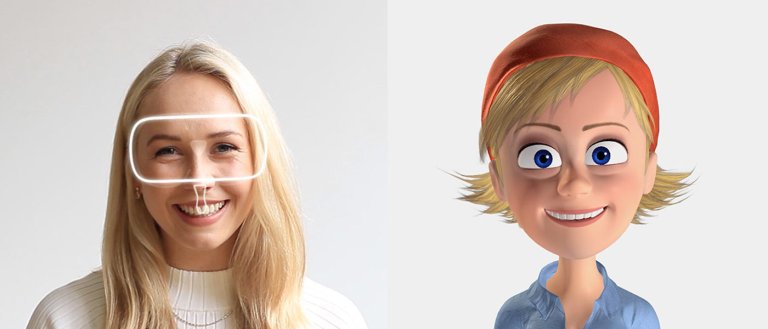
The Avatar of Tomorrow: New Face-Tracking VR Makes You Into a Pixar Character
This face-tracking tech really puts *you* in virtual reality
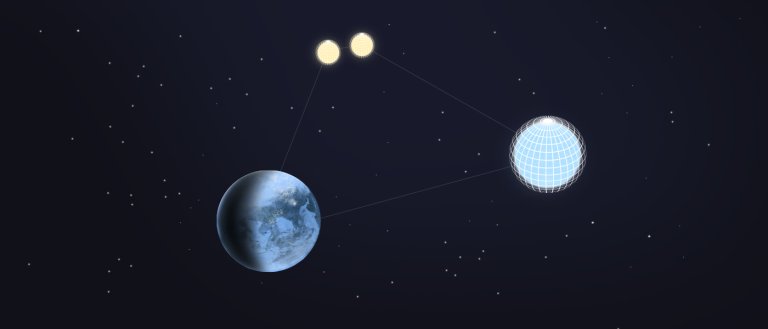
Astronomers Discover A Remarkable Planet With Three Stars
Meet the remarkable alien world with not one, not two, but three suns.

Self-Healing Textile: Welcome to the Age of Clothes That Can Heal Themselves
No needles necessary; just add water.
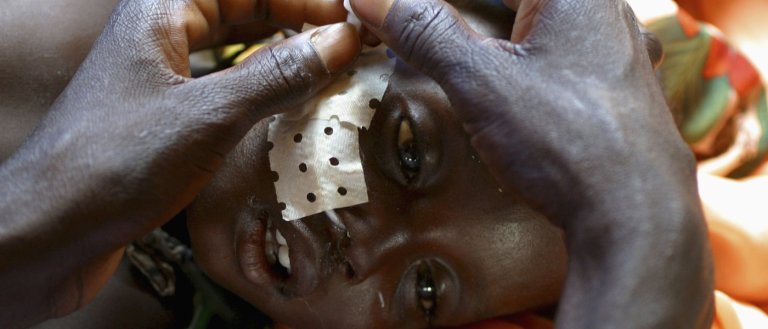
Scientists Discover a New Drug That Can Knock Out Three Killer Diseases
These three combined infect an estimated 20 million people worldwide.
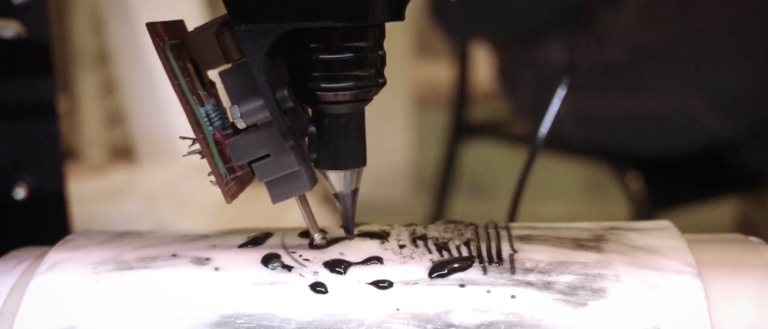
Watch As the First Human is Tattooed By An Industrial Robot
The robot won't criticize your bad tattoo decisions.
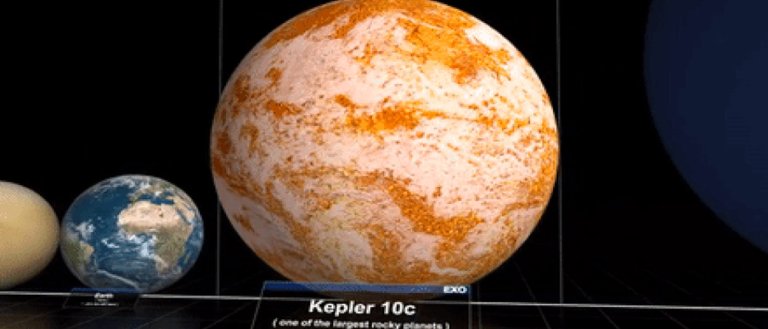
From Earth to Supermassive Stars: A Remarkable Look At The Scale of The Cosmos
Hint: We're the pale blue dot.

Your Car is Getting a Co-Pilot: BMW Will Have Echo Integration By 2017
Soon, your car may be getting a friend.

Tesla Has a New Competitor: The Fisker Karma is Back on the Market
The Karma is staging a comeback.
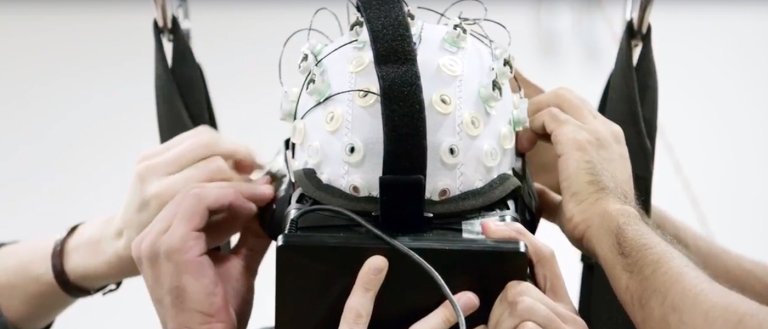
Paraplegics Regain Sensation And Movement With Long-Term Brain Training
We just may have found the physical therapist of the future.
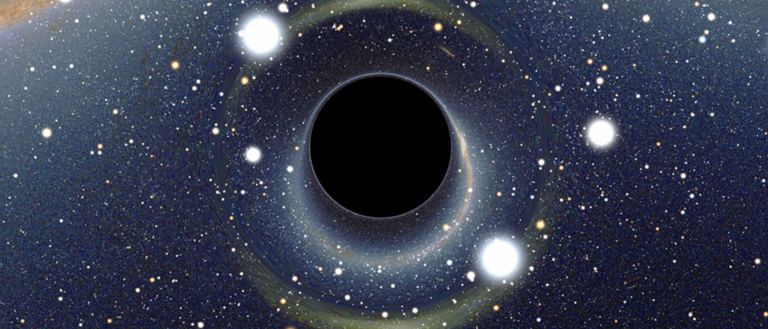
LIGO-Detected Black Holes May Be the Origin of Dark Matter
These primordial black holes may hold important clues.

No Signs of Aliens Yet, But This Mysterious Star Continues to Baffle Astronomers
The debate about the "alien megastructure star" continues to rage.

Saudi Arabia Prints its Way Out of a 1.5 Million Home Housing Crisis
3D printing paves its way to more efficient real estate development.

Paper Folding Technique Similar to Origami Enables Shape-Changing Metamaterials
Sometimes its good to go back to the classics.
